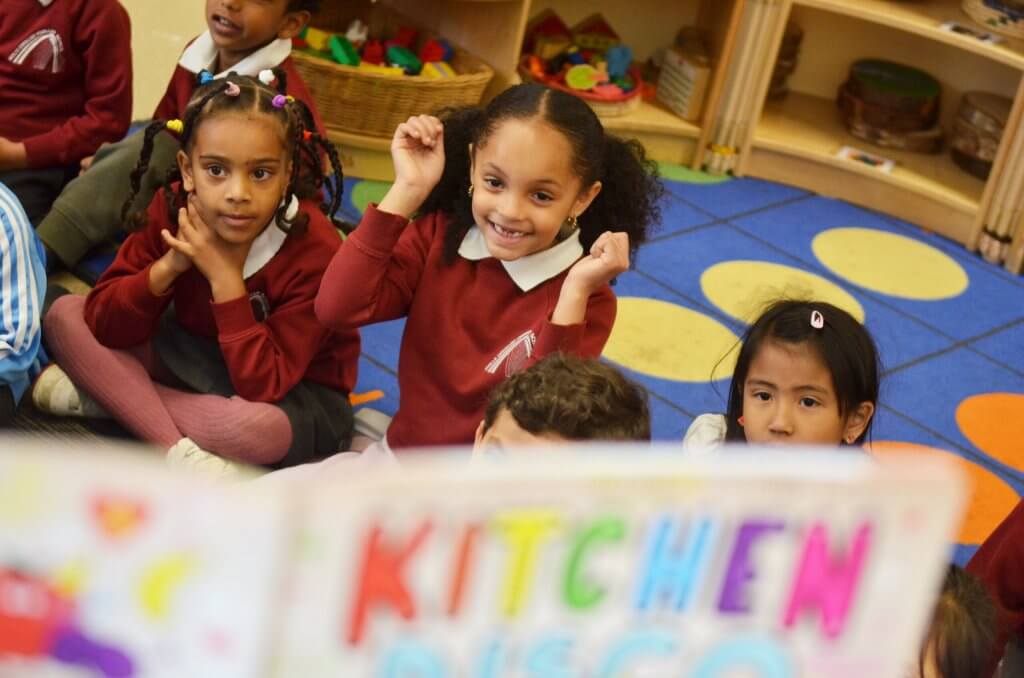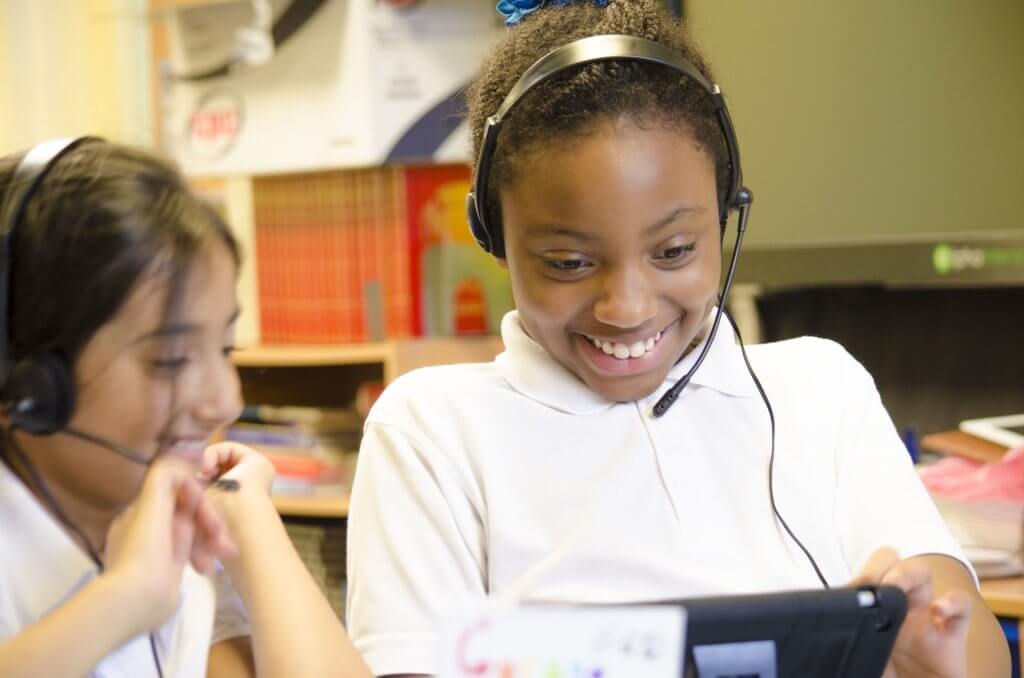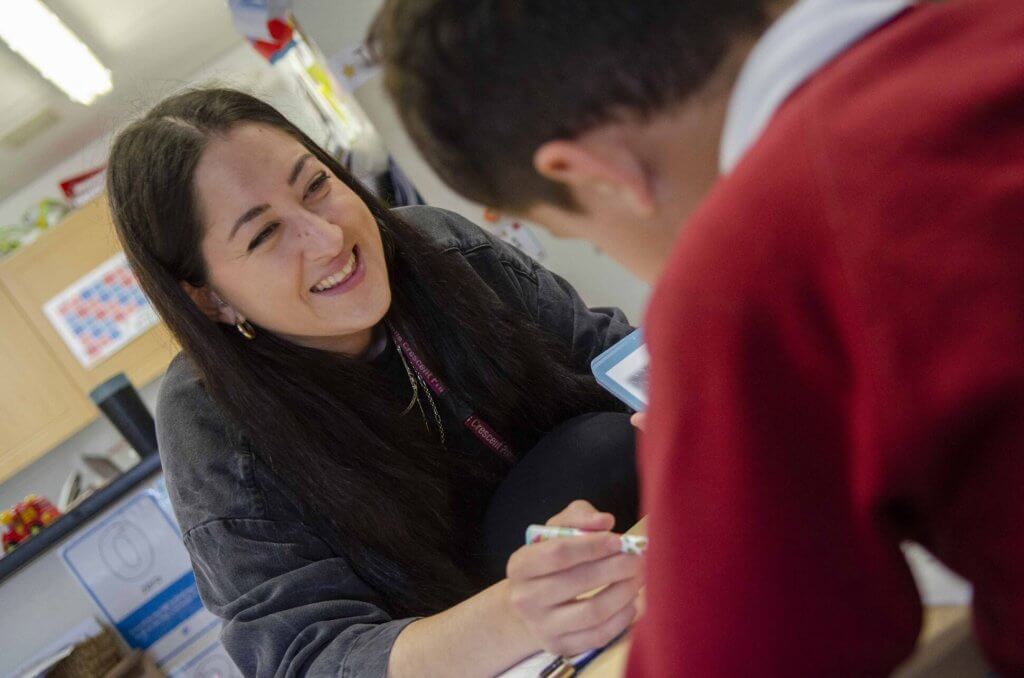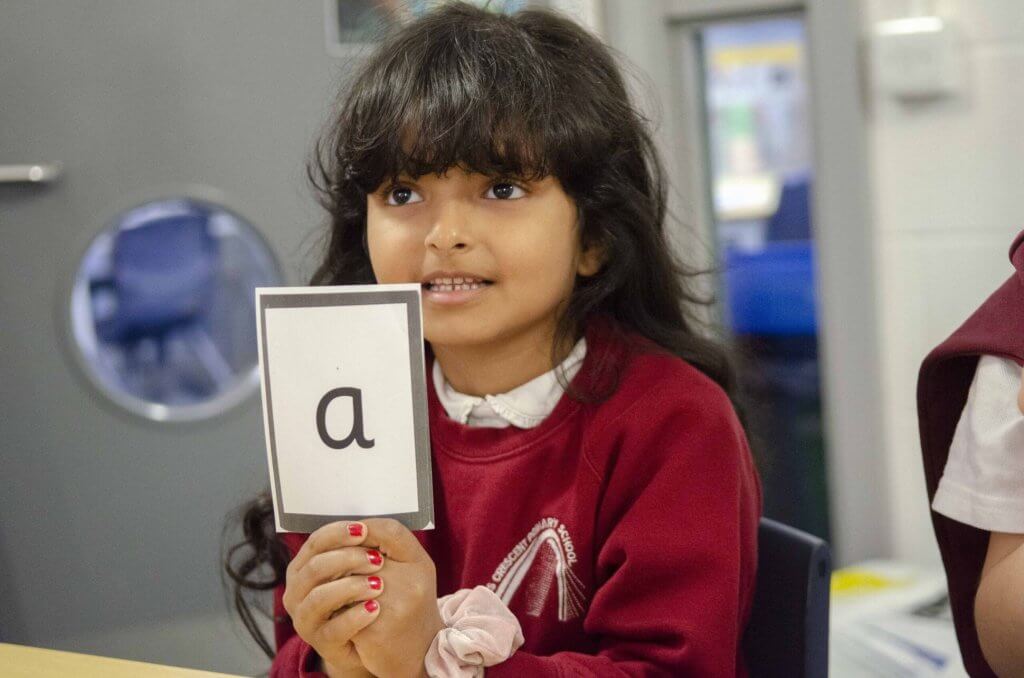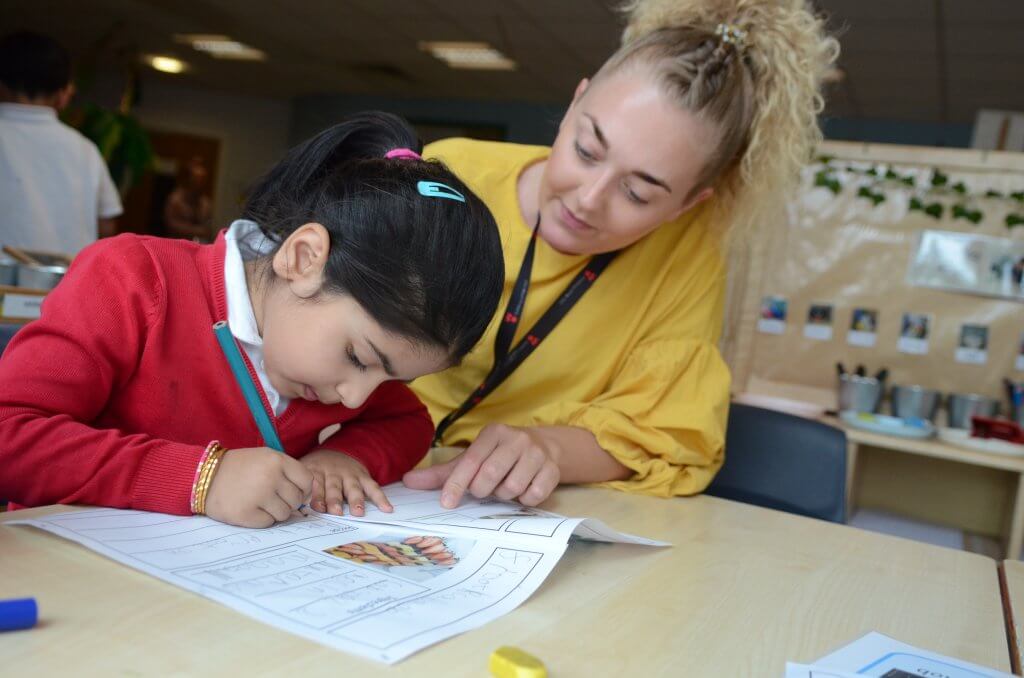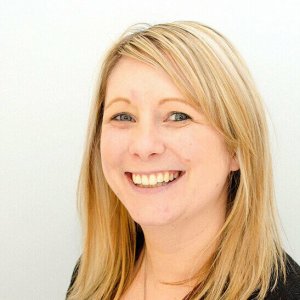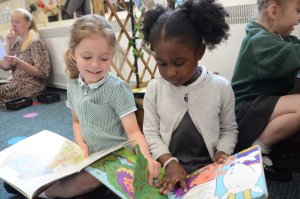Education is the most powerful weapon which you can use to change the world – Nelson Mandela (2003)
The power of education has been recognised long before it happened within a structure, a system or anything that resembled a school as we know them today. Hunter-gatherers learnt, from a young age, all about the plants and animals near their habitat, along with developing skills in using and crafting tools. Over many years, life evolved and so too did education and the knowledge and skills that we needed.
In the 19th and 20th centuries, education gradually evolved towards what we all recognise loosely as today’s schooling (without the punishment and with more technology!). Over the years there have been many educational reforms, though, whilst the world has changed and adapted significantly in the last few decades; it often feels that our education system is not able to change as quickly.
Today’s 5 year old will:
- Be in education until at least 2032.
- They will be in work until 2080.
- The jobs that the children will be doing have not yet been created.
- The technology needed to do these jobs has not yet been created.
- They will be the most diverse generation yet.
- They will have to take on many of the biggest challenges of the world, including global warming and the deficit economy.
Yet, there is an expectation that this to be achieved in the same education system which many of us were educated in rather than a system which suits the needs of our children today, and that will best prepare our children for their future.
I am privileged to work alongside so many teachers and leaders who all put children first, who all have a similar, collective vision of supporting children to be the best version of themselves whilst preparing them for life beyond school. Over the past few years, I have felt that there has been a quest for change bubbling under the surface.
This past year have seen changes in education like no other – strategic decisions that often take months or years of planning have been implemented over night by the collaborative efforts of educators up and down the country. It has been a year to feel extremely proud (and tired!) to be part of such an amazing profession. The skills and knowledge we have gained from dealing with SO much change throughout the pandemic could help us to navigate our way through a more structured, carefully considered educational reform; one which would see changes to help today’s child be ready for tomorrow’s world.
It seems a lot to ask from individuals. Surely there is someone who works in policy that will make these changes and if we all wait long enough, these changes will happen…but what if that is not the case. What if the change needs to start with us.
You may be: a dedicated and passionate classroom teacher; an inspirational learning mentor; an NQT; an experienced leader; or a newly appointed Head Teacher. Whatever your role in school, you can go some way in creating the change that you want to see and being an advocate for others to make changes that they, too, want to see in the education system. Occasionally, keeping hold of your educational vision and values can feel like a brave thing to do when a system or policy is pulling you in another way, but, by keeping the children at the heart of any decisions within education, you know that what you are doing is best for the children in your school.
Let’s take our current curriculum as a focus to discuss change as it is one of the biggest drivers within building an education system for the future. The curriculum has long been contested and debated due to differing ideas about what should be taught and learned in schools, along with it being so vast and so complicated.
Think about your school and ask yourself these two questions:
- What would you like every child to be able to do when leaving your school?
- What do they need to learn whilst at your school in order for this to be possible?
It is likely that, along with basic knowledge and skills, there may have also been thoughts about resilience, perseverance, independence, collaboration, self-awareness, problem solving and other qualities that an individual may have. You may have considered aspirations and the opportunities that could create awareness of the future for children in your school, or you may have planned for life experiences that the children may not experience otherwise.
Many of you are now familiar with Ofsted’s 2019 EIF, and, whilst I strongly insist that no changes should ever be put in place purely to appease an external organisation, the findings from their research around curriculum are exactly what we should be considering. Spielman stated, “too many teachers and leaders have not been trained to think deeply about what they want their pupils to learn and how they are going to teach it… Ultimately, the curriculum is the yardstick for what school leaders want their pupils to know and to be able to do by the time they leave school.”
Going back to the notion of hunter-gatherers as learners, anthropologists have reported that the hunter-gatherer groups they studied did not distinguish between work and play—essentially all of life was understood as play – I personally am a huge advocate for learning through play and would absolutely love it for an education reform considered the importance of play (as many other countries do) alongside the notion of developing knowledge, skills and characteristics that can be applied to many different situations in life. However, even within a play based approach, in order to support our children to learn what is intended before they leave your school, there needs to be progression and structure in place. Let’s take EYFS as an example. Many EYFS settings use in the moment planning to encourage children to learn through their interests, yet at the same time there are some elements taught directly. In your school you may decide that, by the time your children leave EYFS, they will know how to blend and segment words using phase 2 and 3 phonemes. This is planned for, timetabled daily, and then taught through discrete SSP lessons whilst consolidating their new knowledge through play. The progression fits within the year group, within the key stage and within the whole school approach to the teaching of reading.
I love the analogy that Christine Counsell draws upon about the curriculum being like a narrative.
“A narrative (think novel, film, symphony, song …) is full of internal dynamics and relationships that operate across varying stretches of time. Those dynamics and relationships realise the function of every bit of content. And every bit of content has a function. That little event early in the novel does a neat job not only in making the early story work, but also of furnishing the reader’s memory so that, much later, it resonates in a satisfying resolution or newly puzzling twist… A narrative works on its reader or listener through constant interplay of familiar and strange, and things can only be familiar or strange by virtue of earlier reference points, ones that stay with us.”
(I explore this in more detail here). We, as educators, really need to think about, and map out, the narrative at our school. We need to decide what we want our children to know and be able to do in different chapters of the narrative: at the end of each year; the end of each key stage; and, ultimately, when they leave our school and go into the wider world. We are in such a fortunate position in being able to help children to learn; what we encourage our children to learn could shape their lives forever. If we are able to give children a life long love of reading, a thirst for knowledge and skills that help in many situations (resilience, problem solving, collaboration, empathy, self-awareness etc) then children may be able to better prepare for the future that we are yet to know or understand.
Many schools and academies have recognised that the National Curriculum is not enough, on it’s own, to help children fulfil their future potential. Instead they have shaped a clear vision around providing children with the best possible outcomes to succeed in life. Nav Sanghara, CEO of Woodland Academy Trust, explains that “All our schools share the same mission; to reveal the champion within. Our aim is to inspire our young people to achieve their full potential and become leaders in their own lives and wider society. Every person in our Trust has a champion within them and we will equip them with the skills, experience and beliefs to recognise this.” Once this vision is clear, we can look at our curriculum and allow our vision to help shape it.
Having a clear vision and keeping that vision at the heart of everything you do, even if it isn`t driven by the latest government policy or initiative, can help with your ultimate goal to help the greater good – to help shape and change lives for the better. Richard Gerver, Award-winning speaker, bestselling author and world-renowned thinker, believes that “Systems and structures change nothing; people do.”
Going back to what I said to the start, a carefully considered educational reform is needed. A reform which is centred around people: the school staff who are experts in education and in knowing what their children need during their time in the school; the families that are part of the school community; and our children, who deserve the best possible education to ensure they are ready for tomorrow’s world. This isn`t possible by waiting for the changes to systems, structures and policies. We need to be that change.
Hunter-gatherers ensured they had the skills and knowledge needed to be the best they can be and this continually changed and evolved. As educators, we can learn from them as we continue to make changes to provide the best for our children. This, and more, will be explored further by Nav Sanghara and Richard Gerver who will be speaking at our Leadership in Education Conference on 8th July and focusing on inspiring us to move forward within the educational landscape.
More about The Leadership in Education Conference:
To celebrate One Education’s 10th Anniversary we’re excited to announce that we are hosting our first Leadership in Education Conference (#Leadconf21). This virtual conference has been created for you and will provide a wealth of opportunities for you to feel inspired, refreshed and energised whilst hearing from experts in the educational leadership landscape.
Throughout the day you will be hearing from hand-picked, motivating speakers and will be able to attend an incredible amount of workshops.
There will also be the opportunity to hear from carefully chosen exhibitors that could contribute to your school development and have a positive impact on the children in your setting. We hope that you will leave the day feeling empowered, with ideas and plans formulating to support steps in moving forward in education and with a reminder of the difference that you can make to the lives of our children and their futures.
We understand how busy schools are at the moment and want to help by providing CPD that work around your schedule. Book a place on the conference and gain access to all keynotes, workshops and exhibitor videos for the rest of the year!
To book your place or for more information please visit our website.

